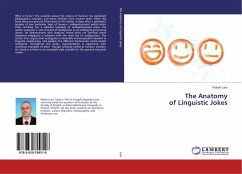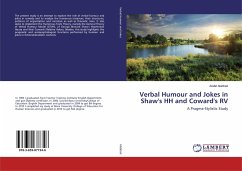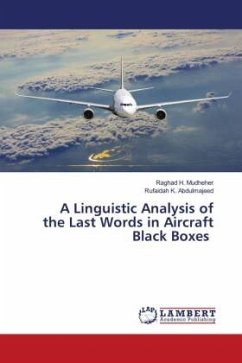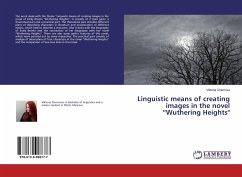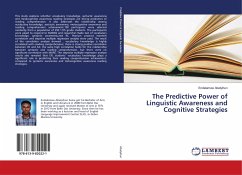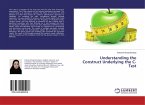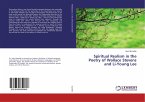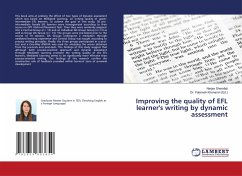What is funny? The question about the nature of humour has perplexed philosophers, scholars, and other thinkers since ancient times. While this book does not give the final word on the matter, it does offer a systematic analysis of one particular type of humour: ambiguity-based verbal jokes. After working out a detailed typology of ambiguity-based jokes, the author proposes a new concept of ambiguator as an ambiguity-generating device. He demonstrates that linguistic verbal jokes are funniest when maximum ambiguity is achieved with the least use of ambiguators. The author thus argues that ambiguity is a desirable and purposeful element in linguistic verbal jokes, and explains the different mechanisms which enable ambiguity. Throughout the book, argumentation is supported with numerous examples of jokes. Though primarily aimed at humour scholars, the book is written in an accessible style suitable for the general educated reader.
Bitte wählen Sie Ihr Anliegen aus.
Rechnungen
Retourenschein anfordern
Bestellstatus
Storno

